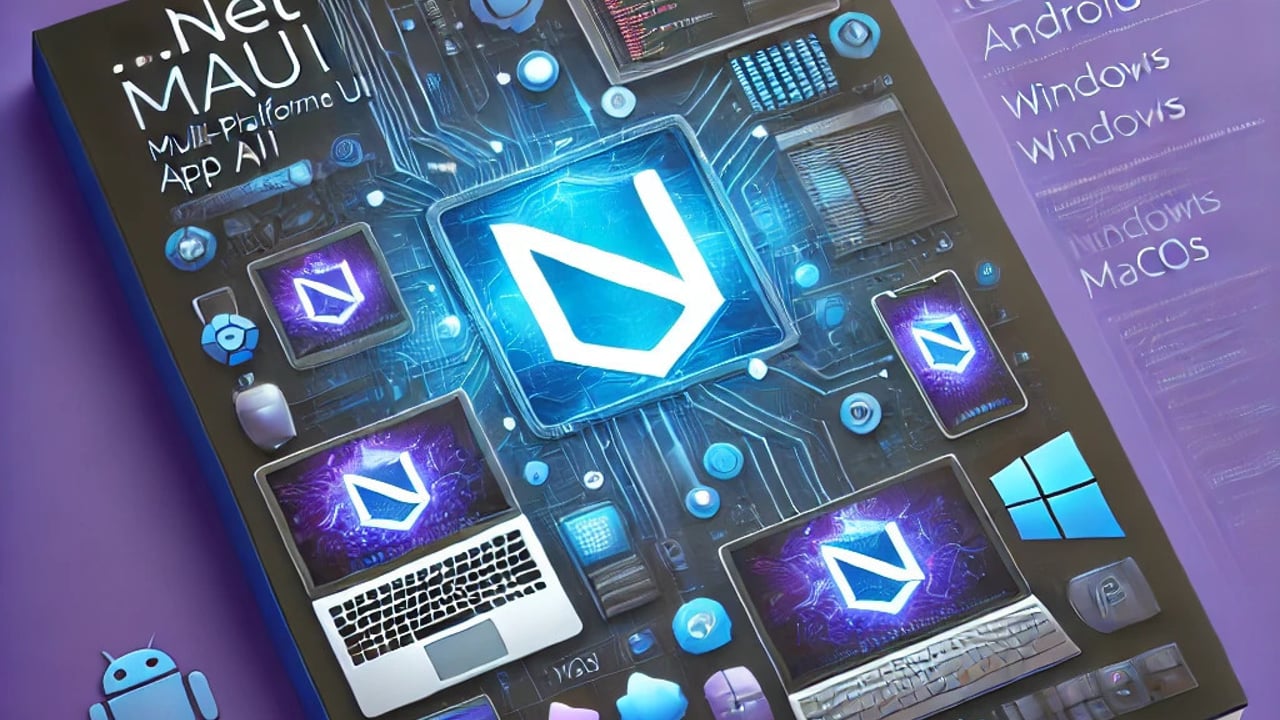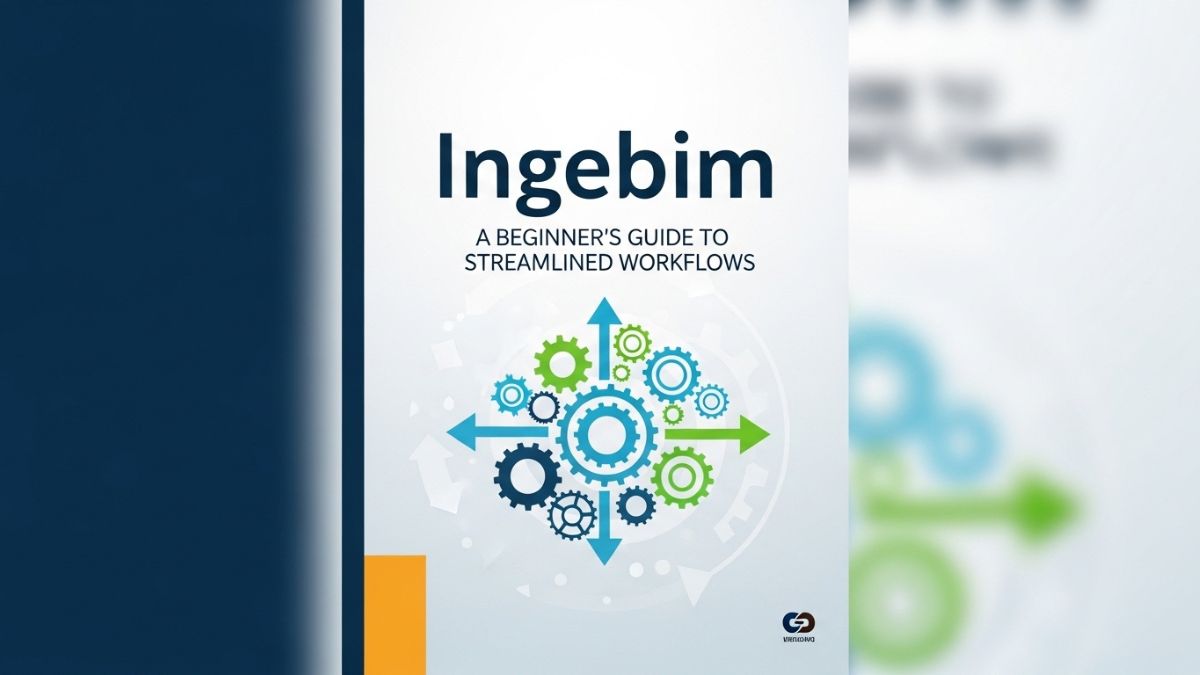The rise of eCommerce has made the logistics industry the backbone of global trade. Over the years, it has transformed into a technology-driven platform that allows business owners to access real-time information with a few clicks.
Sadly, however, there continues to be a learning curve for such software and applications as they need help tracking shipments, streamlining operations, and improving efficiency.
Enter .NET MAUI (Multi-platform App UI), Microsoft’s robust platform that offers seamless performance over a single codebase. Therefore, this blog will look at the different aspects of developing real-time logistics apps using .NET MAUI.
Why Use .NET MAUI for Logistics Apps?
.NET MAUI is a top choice for designing logistics apps because of its multi-platform features, native performance, and smooth interaction with contemporary tools and APIs. Here’s why it’s best for logistics apps:
- Cross-platform development: With MAUI, you write once and run everywhere. A single .NET MAUI codebase can deliver Android, iOS, Windows, and macOS apps, decreasing development time and cost.
- Native User Experiences: MAUI apps offer a native-like user experience, essential for logistics teams that rely on seamless navigation and rapid access to information.
- Real-time Capabilities: Integration with cloud services and APIs enables real-time data tracking and changes, which are critical for logistical operations.
- Scalability and Security: The framework is based on the robust.NET environment, which provides scalability and secure coding methods for critical logistical data.
Now that we know the advantages let’s examine some of your logistics app’s must-have features in the next section.
8 Key Features to Include in a Real-Time Logistics App
Real-Time Shipment Tracking
Real-time shipment monitoring is the foundation of every logistics tool, allowing companies and customers to monitor shipments properly. .NET MAUI development company helps you to connect GPS and IoT technology to offer real-time information on the position and status of commodities.
This tool lets customers track shipment status on an interactive map, including projected arrival timeframes and delays. Using APIs from services such as Google Maps or Mapbox.NET MAUI makes building a tracking system that improves visibility across the supply chain simple. This feature eliminates uncertainty and increases client trust by keeping all stakeholders informed.
Intuitive User Interface
An intuitive and visually appealing user interface (UI) is vital for app use, particularly in logistics, where speedy navigation is critical. The .NET software development services you hire leverage its UI features to create role-based dashboards for users, including drivers, dispatch teams, and warehouse managers.
A flexible design ensures that the app works fluidly on various devices, while features like dark mode improve usability during nighttime operations. The framework’s XAML-based layouts and platform-specific style choices make it easy to design an interface that values simplicity, functionality, and a user-first approach.
Push Notifications and Alerts
Logistics operations rely heavily on timely communication and push notifications to keep consumers informed of key developments. Whether it’s a delivery delay, a route variation, or a stock replenishment notice, alerts give real-time information to keep operations running smoothly.
.NET MAUI allows developers to combine notification services such as Azure Notification Hubs to construct a powerful alert system. This enhances team cooperation and keeps consumers informed, resulting in increased satisfaction.
Route Optimization
Efficient route planning is a game changer in logistics, lowering delivery times and costs. Combining mapping and traffic APIs, .NET MAUI enables the creation of complex route optimization capabilities. These may include real-time traffic updates, weather-based route changes, and AI-powered recommendations for the most effective delivery routes.
Furthermore, multi-stop route planning guarantees drivers transporting several consignments fulfill their responsibilities with minimal delays. This function helps to improve fuel efficiency, reduce operational expenses, and increase delivery dependability.
Offline Functionality
Logistics teams frequently operate in places with limited internet access, making offline functionality critical. Developers may use .NET MAUI to integrate local storage solutions such as SQLite, allowing users to access crucial information like routes and shipment data even when offline.
Once connectivity is restored, the app may sync data with the central server, ensuring that operations run smoothly and without loss. The offline feature increases productivity and assures app dependability in challenging circumstances.
Driver and Fleet Management
Logistics operations must run well by efficiently managing drivers and vehicles. A complete driver and fleet management module may contain driver profiles, trip records, and performance data. Fleet tracking can also track vehicle availability, maintenance schedules, and fuel use.
By connecting backend databases and APIs,.NET MAUI allows for real-time updates on driver activity and vehicle condition. This feature enhances supervision, enforces operating protocols, and increases overall efficiency.
Multi-Language and Localization Support
Global logistics organizations must handle numerous languages and local preferences. The app’s multi-language functionality enables users to engage with it in the language of their choice.
At the same time, localization ensures that UI components, currencies, and measurement units adhere to regional norms. The built-in localization support in.NET MAUI makes designing apps for a wide range of consumers easier, boosting usability and accessibility.
Document Management & Digital Signature
Reducing paperwork and digitizing critical logistical documentation improves operational efficiency. .NET MAUI allows users to post, distribute, and manage invoices, delivery receipts, and manifests within the app.
Digital signatures simplify proof-of-delivery processes by eliminating the need for physical documents. In addition, creating and distributing PDF reports may save time and enhance record-keeping. By digitizing document management, logistics apps can eliminate mistakes and speed up operations.
Now You Know!
The .NET framework is designed to deliver seamless performance across multiple verticals! Don’t miss out on the opportunity to create a robust application framework that delivers smooth logistic operations for your brand. Connect with the right talents and hire MAUI developers today. All the best!















